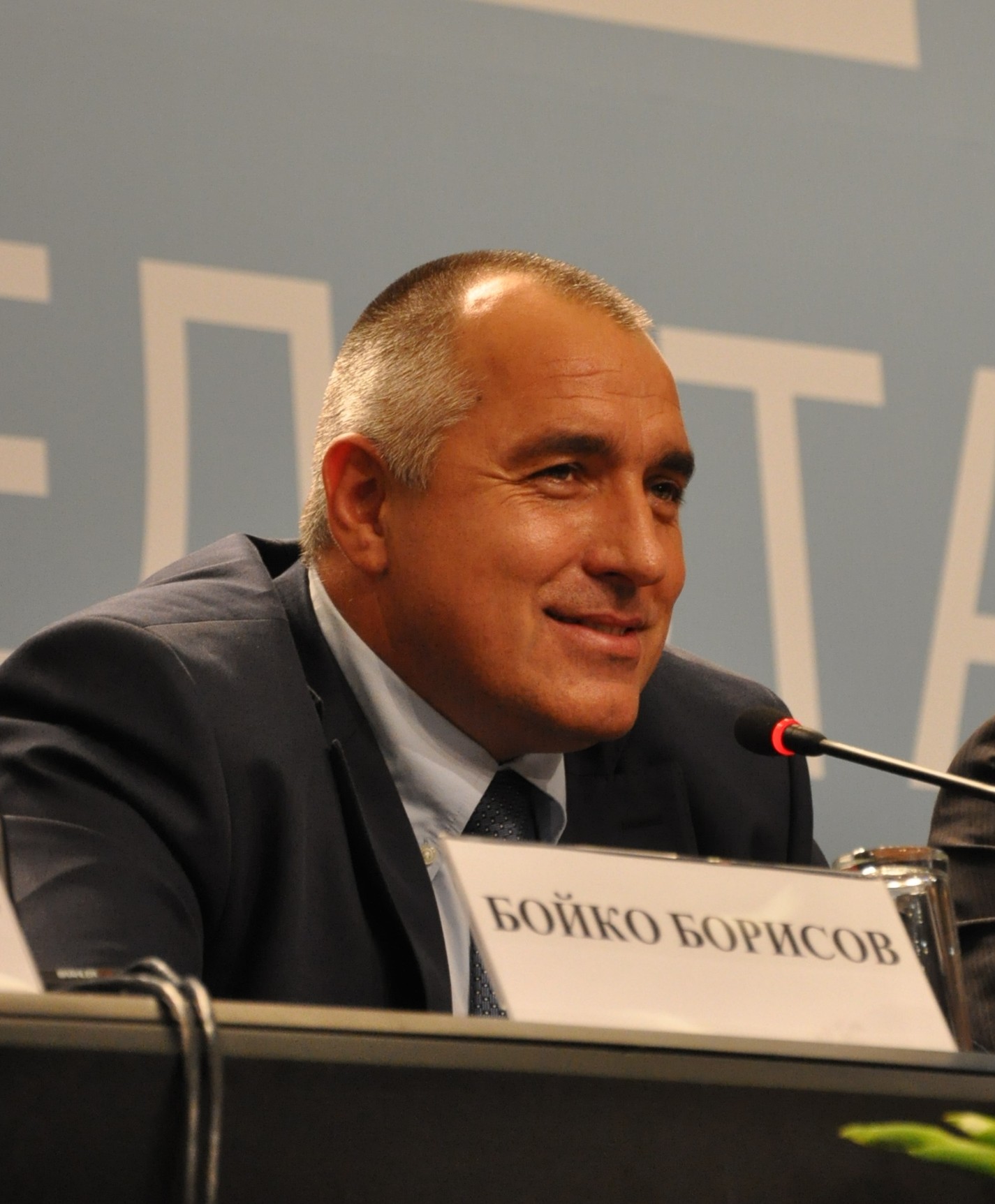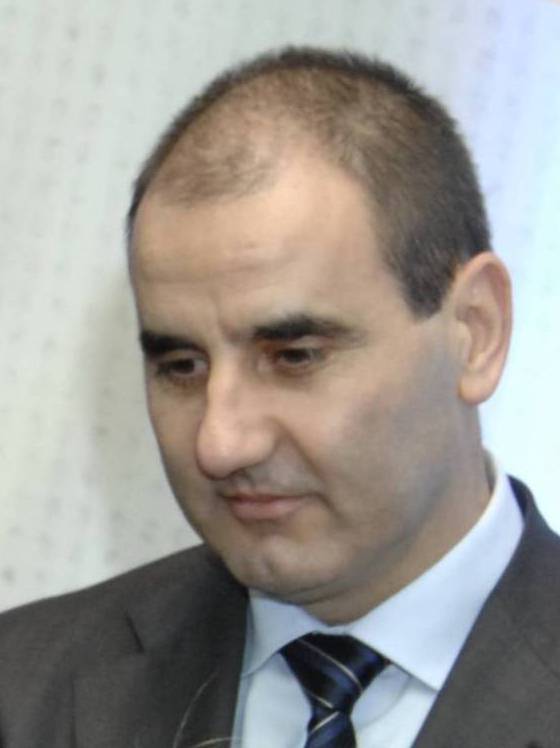|
Boiko Borisov
Boyko Metodiev Borisov ( bg, Бойко Методиев Борисов, ; born 13 June 1959) is a Bulgarian politician who served as the prime minister of Bulgaria from 2009 to 2013, 2014 to 2017, and 2017 to 2021, making him Bulgaria's second-longest serving prime minister to date. Borisov was elected Mayor of Sofia in 2005. In December 2005, he was the founding chairman of the conservative political party Citizens for European Development of Bulgaria (GERB), becoming its lead candidate in the 2009 general election. Borisov led GERB to a landslide victory in 2009, defeating the incumbent Socialist Party, and resigned as mayor of Sofia to be sworn in as Prime Minister. He resigned in 2013, after nationwide protests against the government's energy policy, but after leading GERB to victory in the 2014 general election, he became Prime Minister again. His second term ended similarly to his first, after Borisov resigned in January 2017, this time following GERB's defeat in the ... [...More Info...] [...Related Items...] OR: [Wikipedia] [Google] [Baidu] |
GERB
GERB ( bg, ГЕРБ, translation=coat of arms, acronym for Citizens for European Development of Bulgaria) is a conservative, populist political party which was the ruling party of Bulgaria between 2009 and 2021. History GERB is headed by former Prime Minister of Bulgaria Boyko Borisov, the former mayor of Sofia, former member of the National Movement Simeon II and former personal guard of Todor Zhivkov in the 1990s. The establishment of the party followed the creation of a non-profit organization with the acronym (in Bulgarian) GERB — ''Citizens for European Development of Bulgaria'', earlier the same year. In early January 2007, and early February 2007, the party came second in public polls on party support with around 14%, trailing the Bulgarian Socialist Party which had around 25%. Its stated priorities are fighting crime and corruption, preserving family as the cornerstone of society and achieving energy independence. GERB won the 2009 European Parliament ele ... [...More Info...] [...Related Items...] OR: [Wikipedia] [Google] [Baidu] |
Marin Raykov
Marin Raykov Nikolov ( bg, Марин Райков Николов ; born 17 December 1960 in Washington, D.C., United States) is a Bulgarian politician and diplomat who was appointed to serve as a caretaker Prime Minister of Bulgaria and minister of foreign affairs of Bulgaria on 12 March 2013 by Bulgarian president Rosen Plevneliev. He left office on 29 May 2013 with his interim deputy PM Ekaterina Zakharieva. Raykov served as a deputy Foreign Minister in the governments of Ivan Kostov (1998–2001) and Boyko Borisov (2009–2010). From 2010 to 2013, he served as an ambassador of Bulgaria in France. Marin Raykov’s father, Rayko Nikolov, was himself a career diplomat. See also * Raykov Government (88th Bulgarian Cabinet) * List of foreign ministers in 2014 * Foreign relations of Bulgaria *List of Bulgarians This is a list of famous or notable Bulgarians throughout history. Bulgarian monarchs *Kubrat * Batbayan *Asparukh of Bulgaria *Tervel of Bulgaria *Kormesiy of Bulg ... [...More Info...] [...Related Items...] OR: [Wikipedia] [Google] [Baidu] |

